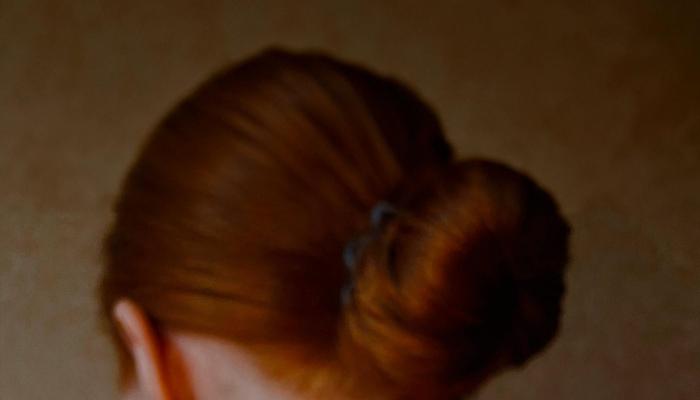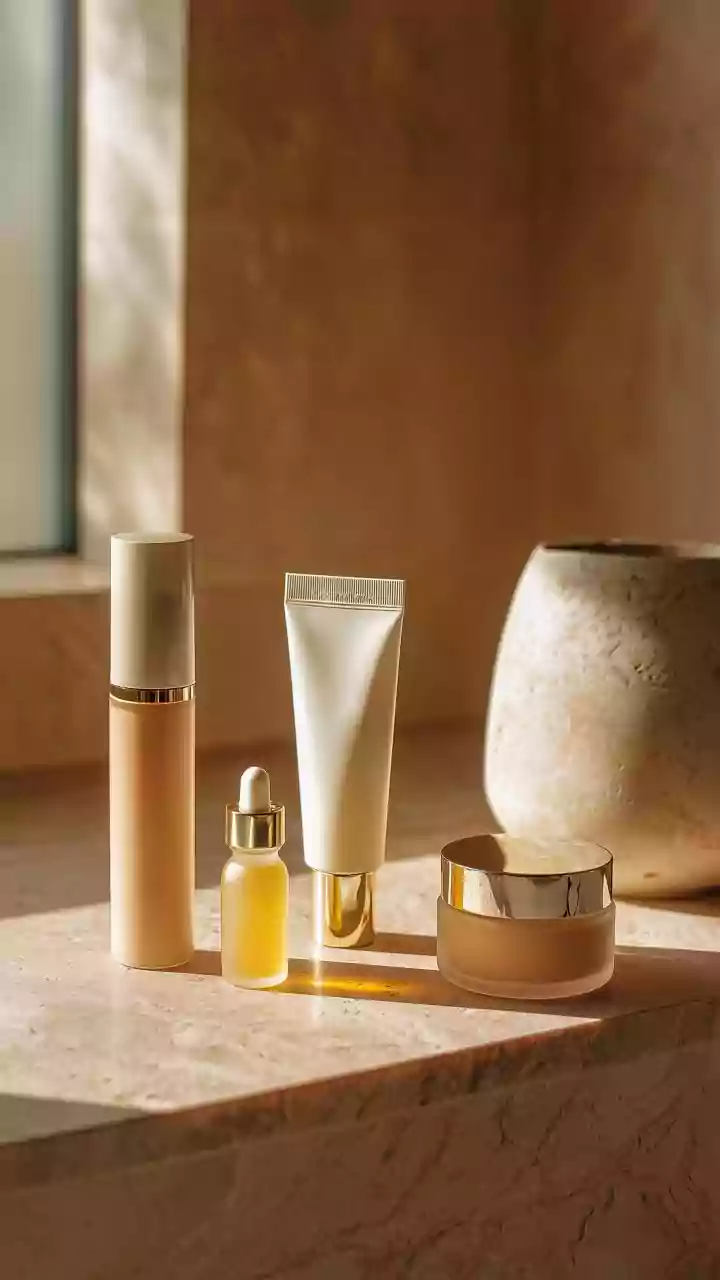Unveiling Acne: Root Causes & Solutions. Dive into the world of acne triggers & remedies. Explore more!
Acne, a skin condition that affects many, especially teenagers and young adults, is characterised
by pimples, blackheads, and whiteheads. It's more than just a cosmetic concern; for some, it can significantly impact self-esteem and even lead to scarring. But fret not!
Understanding the root causes and exploring effective solutions can help manage and even prevent breakouts.
Overproduction of sebum and bacteria cause acne; hormones and genetics play a role
One of the primary culprits behind acne is the overproduction of sebum, an oily substance produced by the skin's sebaceous glands. When there is too much sebum, it can clog hair follicles, trapping dead skin cells and creating a breeding ground for bacteria, specifically Propionibacterium acnes (P.

acnes). This bacteria triggers inflammation, leading to the formation of those pesky pimples. Hormonal fluctuations, particularly during puberty, menstruation, or stress, can stimulate sebum production, making acne more prevalent during these periods. Genetics also plays a significant role.
If your parents had acne, you're more likely to experience it yourself.
Debate on dietary factors and acne: certain foods may worsen inflammation and breakouts
Dietary factors have long been debated in relation to acne. While the link isn't definitive, emerging research suggests that certain foods might exacerbate inflammation and contribute to breakouts.
Foods with a high glycemic index (GI), like white bread, sugary drinks, and processed snacks, can cause rapid spikes in blood sugar levels, potentially triggering hormonal responses that increase sebum production.
Similarly, some dairy products, particularly skim milk, have been linked to acne in some studies. However, it's important to note that everyone's skin reacts differently, and what triggers acne in one person might not affect another.
Topical treatments combat acne effectively with OTC creams and gels
Topical treatments are often the first line of defence against acne. Over-the-counter (OTC) creams, gels, and washes containing ingredients like benzoyl peroxide, salicylic acid, and adapalene can be effective for mild to moderate acne. Benzoyl peroxide helps kill P.

acnes bacteria and reduce inflammation, while salicylic acid exfoliates the skin, unclogging pores. Adapalene, a retinoid, works by promoting skin cell turnover and preventing the formation of new comedones (blackheads and whiteheads).
It's crucial to start with a low concentration of these ingredients and gradually increase it as your skin tolerates it to minimise irritation.
Consult dermatologist for severe acne; meds & procedures improve skin
For more severe or persistent acne, consulting a dermatologist is highly recommended. A dermatologist can assess your specific skin type and condition and prescribe stronger medications, such as prescription-strength retinoids, antibiotics, or even oral medications like isotretinoin (Accutane).
Isotretinoin is a powerful medication that effectively targets all the major factors contributing to acne, but it also comes with potential side effects, so it requires careful monitoring by a dermatologist.
In addition to medications, dermatologists might also recommend procedures like chemical peels, microdermabrasion, or laser therapy to improve skin texture and reduce acne scars.
Consistent skincare key for acne management: cleanse, moisturize, sunscreen
Beyond specific treatments, maintaining a consistent skincare routine is essential for managing acne. Cleanse your face twice daily with a gentle, non-comedogenic cleanser to remove dirt, oil, and makeup. Avoid scrubbing harshly, as this can further irritate the skin.

After cleansing, apply a light, oil-free moisturiser to keep your skin hydrated. Even oily skin needs moisturising! Use sunscreen daily, even on cloudy days, to protect your skin from sun damage, which can worsen acne and lead to hyperpigmentation (dark spots).
Choose a non-comedogenic sunscreen formulated for acne-prone skin.
Lifestyle changes vital for acne management: stress reduction, sleep, avoiding skin irritants
Lifestyle changes can also play a significant role in acne management. Stress has been shown to exacerbate acne, so finding healthy ways to manage stress, such as exercise, yoga, or meditation, can be beneficial.
Getting enough sleep is also crucial, as sleep deprivation can disrupt hormonal balance and worsen acne. Avoid picking or squeezing pimples, as this can lead to inflammation, scarring, and infection. Instead, resist the urge and allow the blemishes to heal naturally.
In some cases, certain makeup products or hair products can clog pores and contribute to breakouts. Opt for non-comedogenic products and be sure to remove makeup before going to bed.
Holistic skincare approach for managing acne effectively
Acne is a common skin condition with multiple contributing factors, ranging from genetics and hormones to lifestyle choices.
Understanding these factors and adopting a holistic approach to skincare, including effective topical treatments, professional guidance when needed, and healthy lifestyle habits, can help manage acne and achieve clearer, healthier skin. Remember, consistency and patience are key!
It takes time to see results, so don't get discouraged if you don't see improvement immediately.
AI Generated Content. Glance/InMobi shall have no liability for the content


















